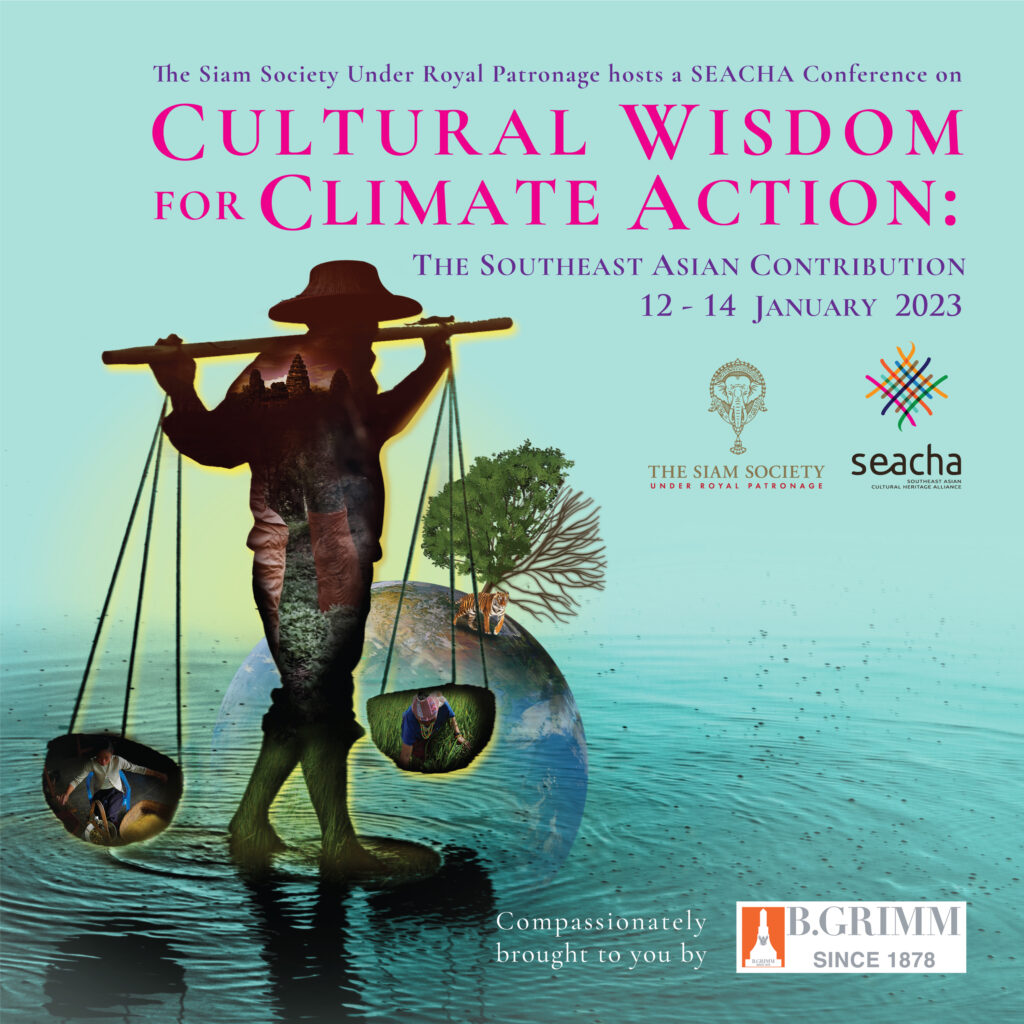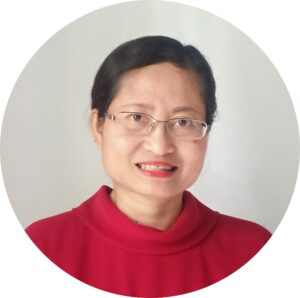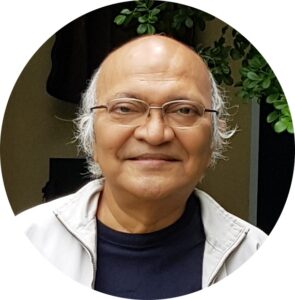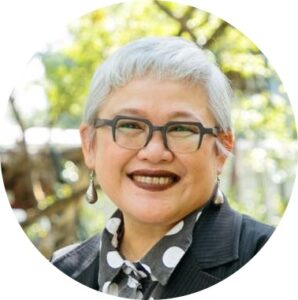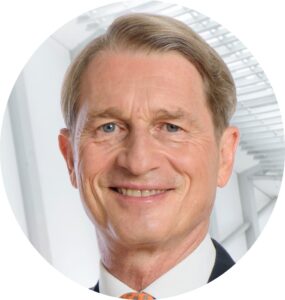Cultural Wisdom for Climate Action: The Southeast Asian Contribution
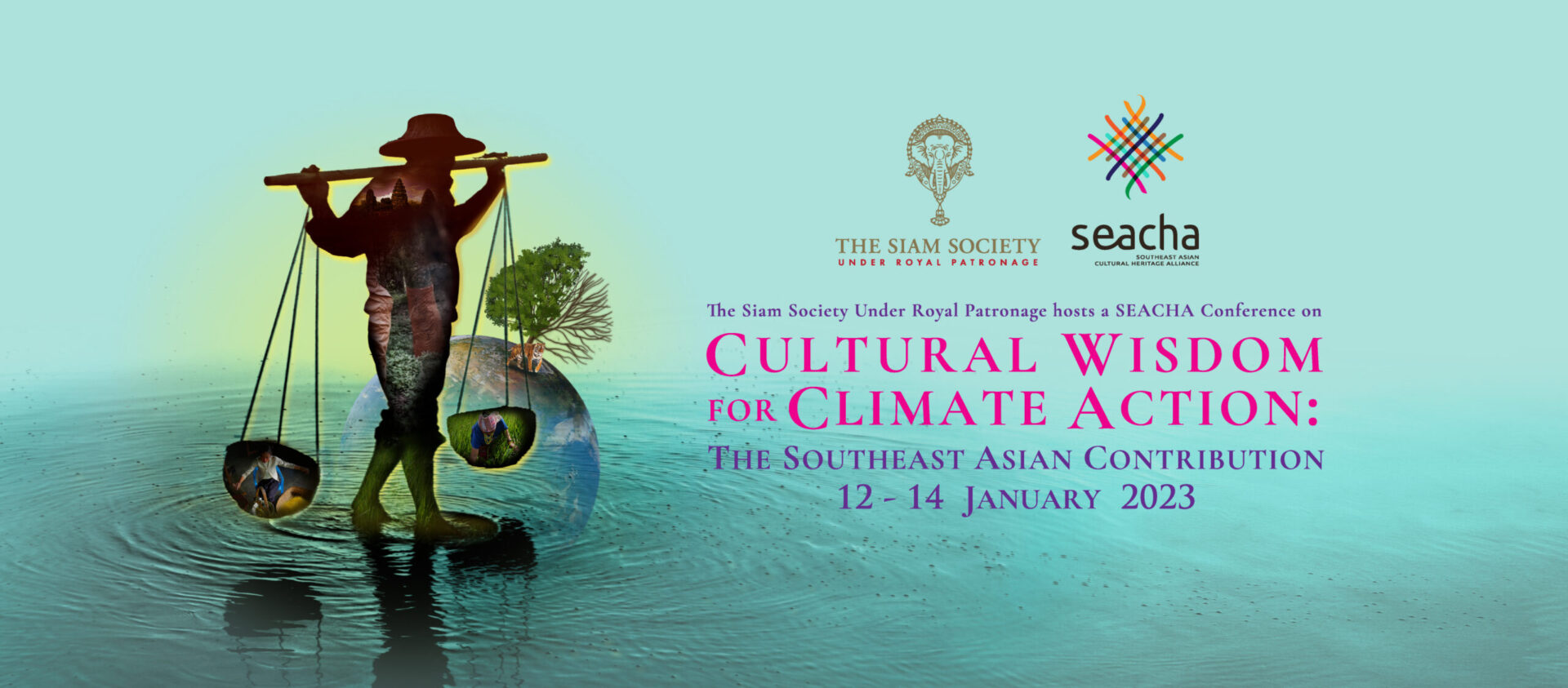
About the Conference
How can traditional Southeast Asian culture be a basis for effective climate change action in the region? This question will be considered by the Southeast Asian Cultural Heritage Alliance’s (SEACHA) conference “Cultural Wisdom for Climate Action: The Southeast Asian Contribution”, arranged by The Siam Society and supported by B. Grimm. In the conference, civic leaders, scholars, and activists from across the region will make the case for the value of Southeast Asia’s ancestral wisdom and cultural heritage as a major component of the region’s strategy to mitigate climate change.
Despite the disproportionately large impact of the climate crisis on Southeast Asia, much of the dialogue around climate action has been driven by voices outside of the region. It is time to recognize how Southeast Asian heritage and traditions provide an overlooked arsenal of weapons for their countries’ strategy to cope with climate change. In this conference, Southeast Asian perspectives will draw on regional history, sustainable resource stewardship methods, indigenous design practices, traditional spiritual tradition, and native social structures to inform the conversation around climate adaptation.
This conversation must not only look back to traditional knowledge but must also elevate the passion and vision of Southeast Asian youth who will shape the world to come. Therefore, both established and emerging leaders across generations will share the platform in Bangkok to lead us in this first-of-its-kind conference for the region that does not ask “What will climate change do to cultural heritage?”, but rather, “How can cultural heritage help mitigate climate change?” Join us for “Cultural Wisdom for Climate Action: The Southeast Asian Contribution”.
This conference is compassionately brought to you by B. Grimm
Day 1: Thursday, 12 January 2023 |
|
| 08:30 | Registration opens |
| 09:00 | Welcoming remarks: Dr Catrini Pratihari Kubontubuh, SEACHA Chairperson, Indonesia |
| 09:05 | Keynote speech: Dr Chaiwat Satha-Anand, Founder of Peace Information Center at Thammasat University, Thailand “From the Floating Lotus to Groot’s Wisdom: Engaging contemporary ecological challenges with Southeast Asian cultures” |
| 09:35 | Keynote speech: Mr Joshua Anak Belayan, SEACHA Youth Representative, Brunei Darussalam |
| 10:00 | Coffee break |
| 10:15 | Panel 1: People and Nature: The Historical and Cultural View
Moderators:
|
| 12:15 | Lunch |
| 13:15 | Panel 2: Sustainable Ways of Living
|
| 13:45 | Panel 2 (cont.): Sustainable Cultural Production”
|
| 14:15 | Youth Presentations Discussion and Q&A Moderators:
|
| 14:50 | Coffee break |
| 15:00 | Panel 3: Traditional Stewardship of Natural Resources
Moderators:
|
| 17:00 | Adjourn |
|
Day 2: Friday, 13 January 2023 |
|
| 8:30 | Registration opens |
| 9:00 | Panel 4: Spiritual Connections to Nature and to Climate Change Action
Moderators:
|
| 10:40 | Coffee Break |
| 11:00 | Panel 4 (cont.) |
| 11:45 | Lunch |
| 12:45 | Speech: Dr Harald Link, Chairman and Chief Executive Officer of B. GRIMM |
| 13:00 | Panel 5: Urbanization and Built Environment
Moderators:
|
| 15:00 | Coffee Break |
| 15:15 | Panel 6: Faith and Culturally Based Environmental Attitudes
|
| 15:45 |
Panel 6 (cont.): Climate Actions–Lost in Translation!
|
| 16:15 |
Youth Presentations Discussion and Q&A Moderators:
|
| 17:00 | Adjourn |
|
Day 3: Saturday, 14 January 2023 |
|
| 9:30 | Registration opens |
| 10:00 | Panel 7: Traditional Political/Social Heritage and Climate Resilience
Moderators:
|
| 12:15 | Lunch |
| 13:45 | Youth Call for Culturally Informed Climate Action! Moderator:
|
| 14:30 | Closing remarks: Mrs Bilaibhan Sampatisiri, The Siam Society President |
| Conference Ends | |
| Farewell mixer with drinks and food on the lawn of Kamthieng House | |
Day 1: Thursday,12 January 2023Welcome Remarks
Keynote Speech
Panel #1: People and Nature: the Historical and Cultural View |
|||||||
|
|||||||
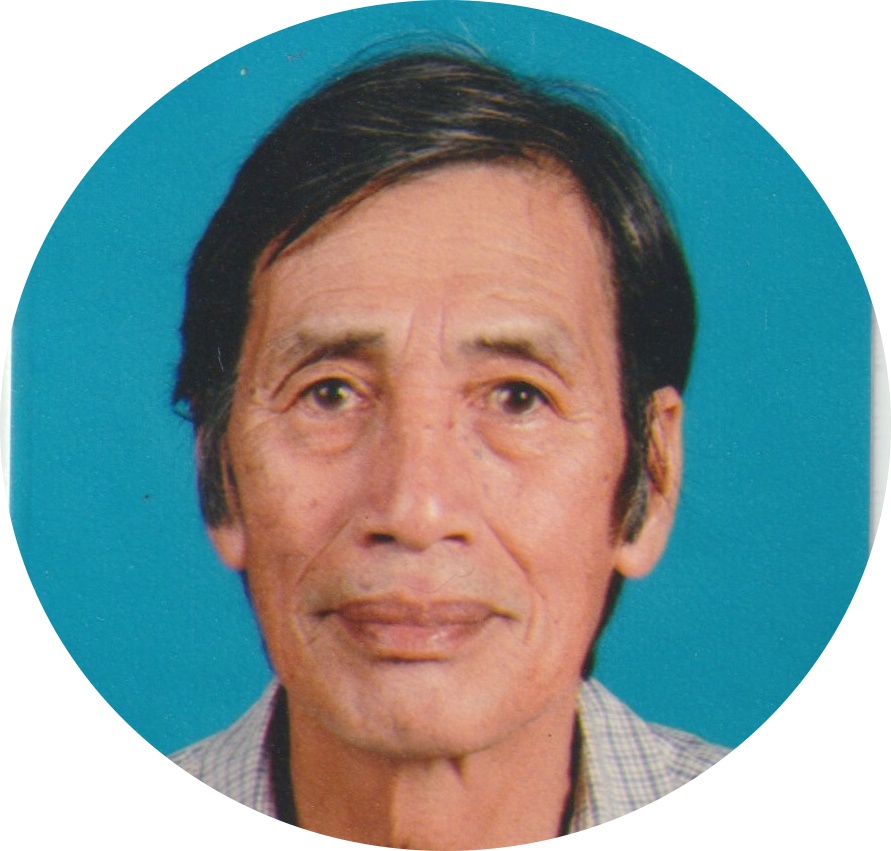 |
Mr Jayl Langub, Associate Research Fellow at the Institute of Borneo Studies, Malaysia |
||||||
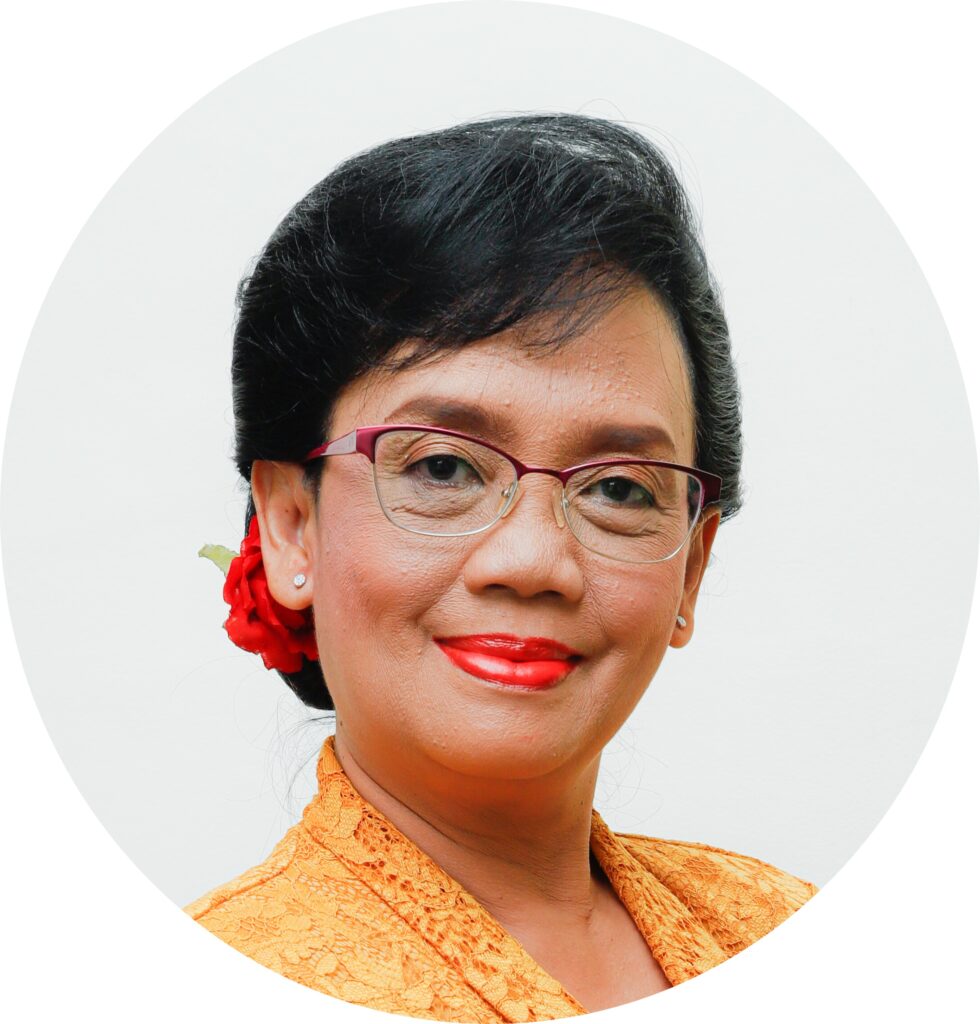 |
Dr Sri Ratna Saktimulya, Lecturer in Javanese Literature at Universitas Gadjah Mada, Indonesia |
||||||
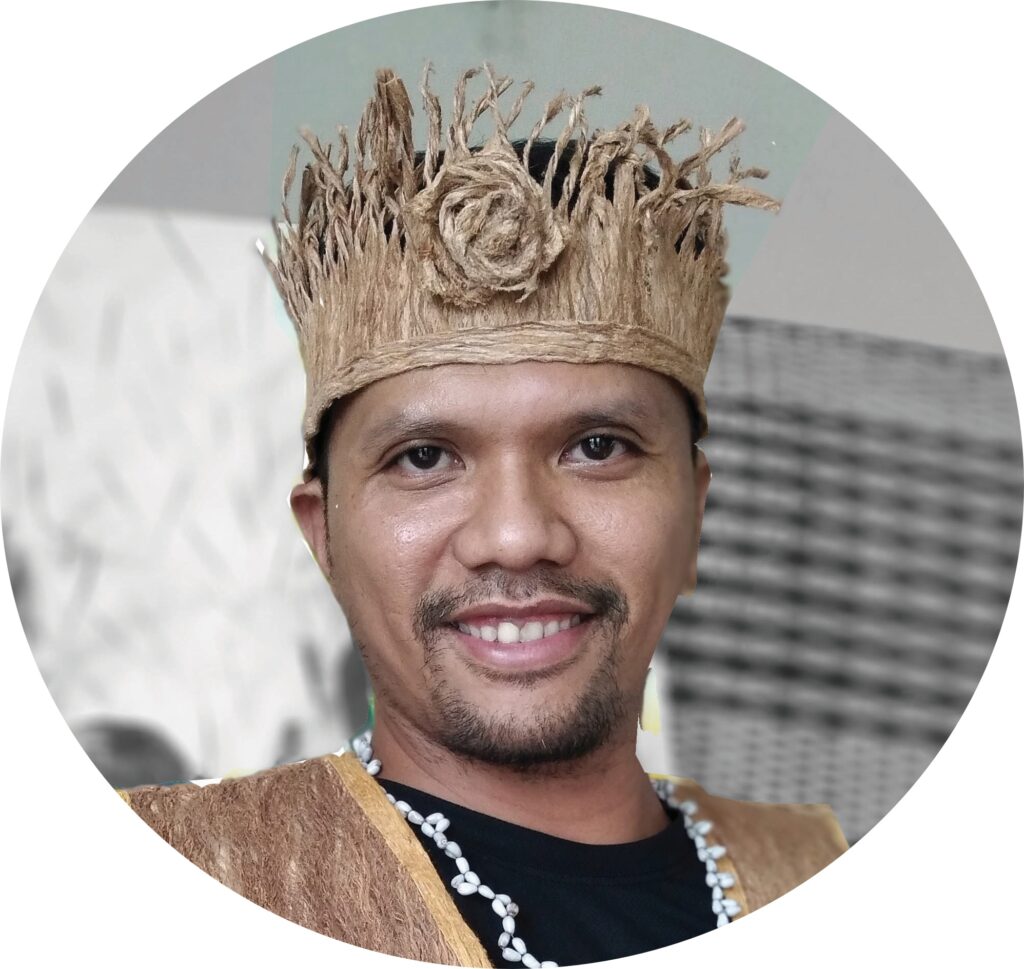 |
Mr Shaq Koyok, Temuan Artist, Malaysia |
||||||
Moderators: |
|||||||
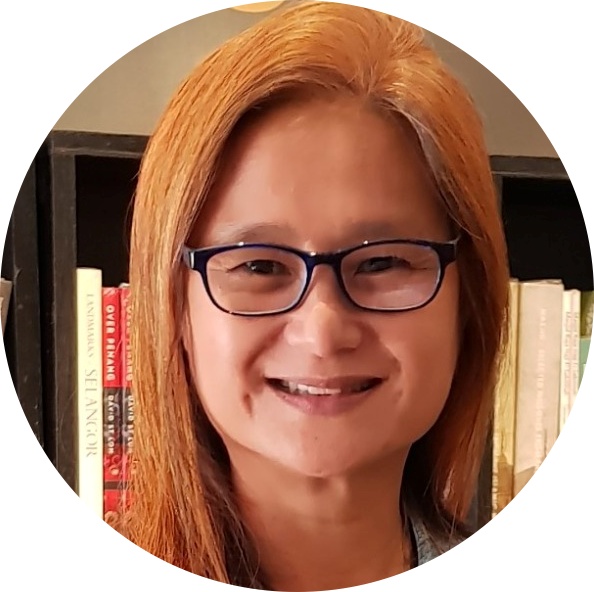 |
Ms Khoo Salma Nasution, SEACHA Vice Chairperson, Malaysia |
||||||
 |
Ms Kamori Osthananda, SEACHA Youth Representative, Thailand |
||||||
Youth Presentation 1: Sustainable Ways of Living |
|||||||
Presenters: |
|||||||
 |
Ms Chanraksmey Seng, SEACHA Youth Representative, Cambodia |
||||||
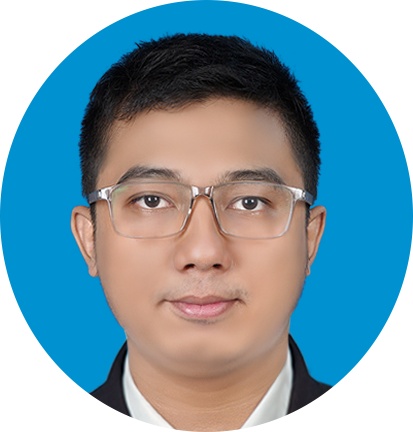 |
Mr Nay Myo Htet, SEACHA Youth Representative, Myanmar |
||||||
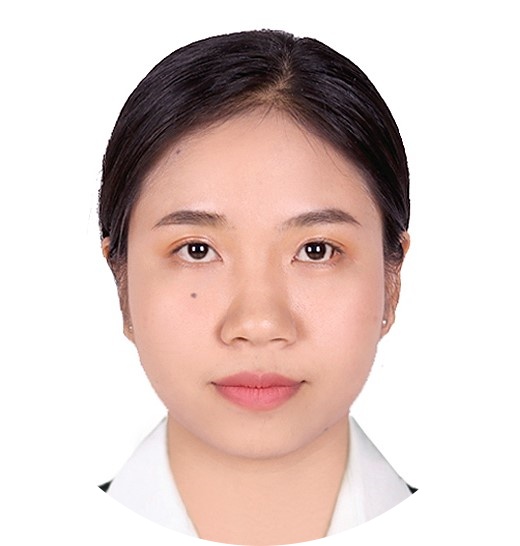 |
Ms Souphanith Phaengmala, SEACHA Youth Representative, Lao PDR |
||||||
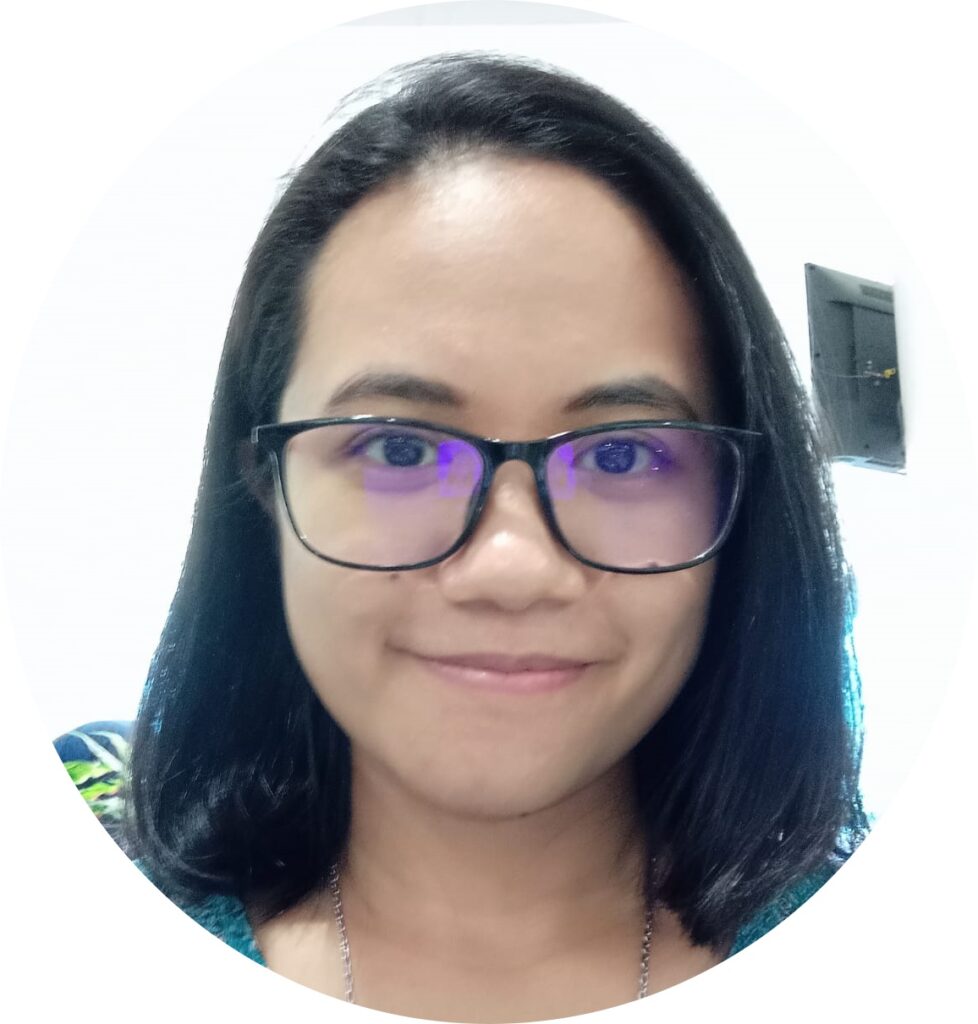 |
Ms Widya Amasara, SEACHA Youth Representative, Indonesia |
||||||
Youth Presentation 2: Sustainable Cultural Production |
|||||||
Presenters: |
|||||||
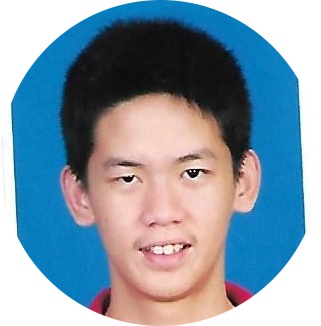 |
Mr Chung Ngin Zhun, SEACHA Youth Representative, Malaysia |
||||||
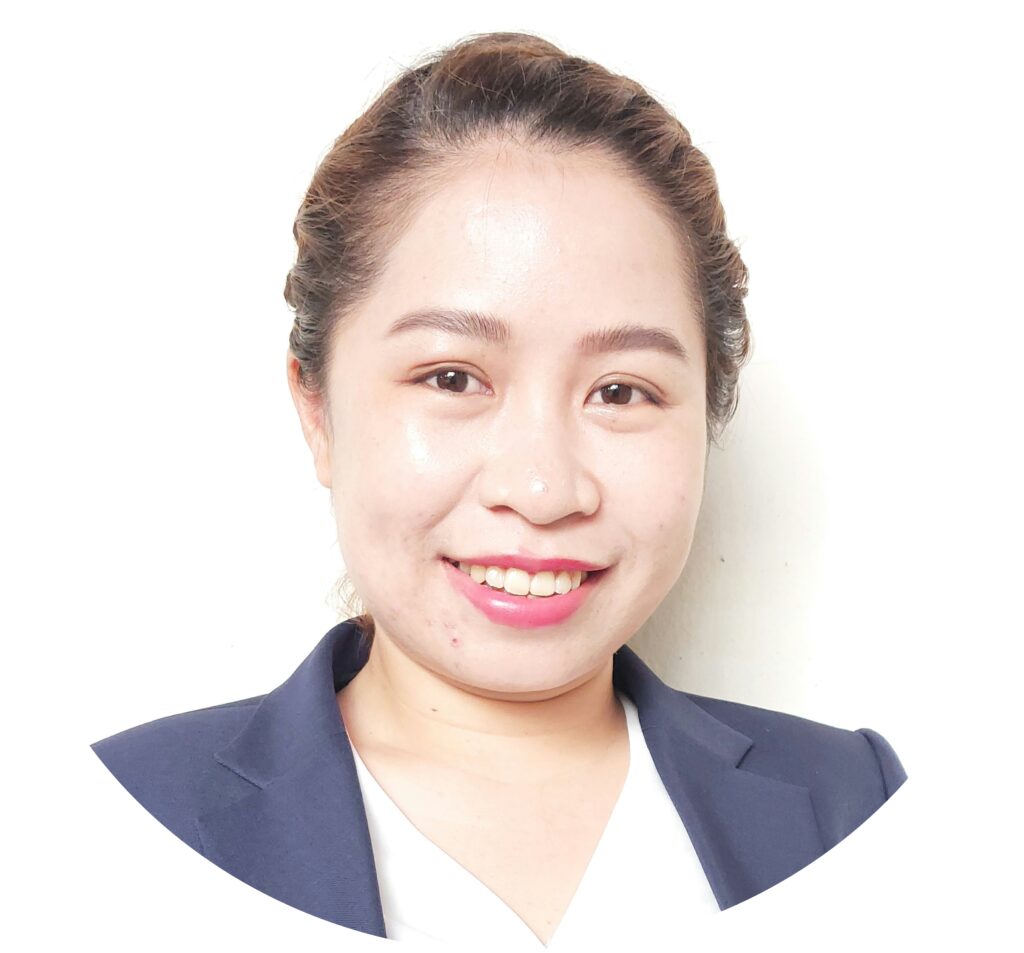 |
Ms Thepduangchan Bounthideth, SEACHA Youth Representative, Lao PDR |
||||||
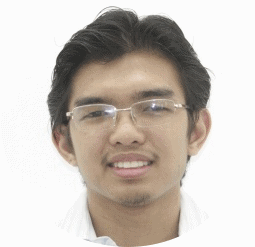 |
Mr Paolo Andrew C. Hasegawa, SEACHA Youth Representative, Philippines |
||||||
 |
Ms Shar Thae Hoy, SEACHA Youth Representative, Myanmar |
||||||
Moderators for Youth Presenation 1 and 2: |
|||||||
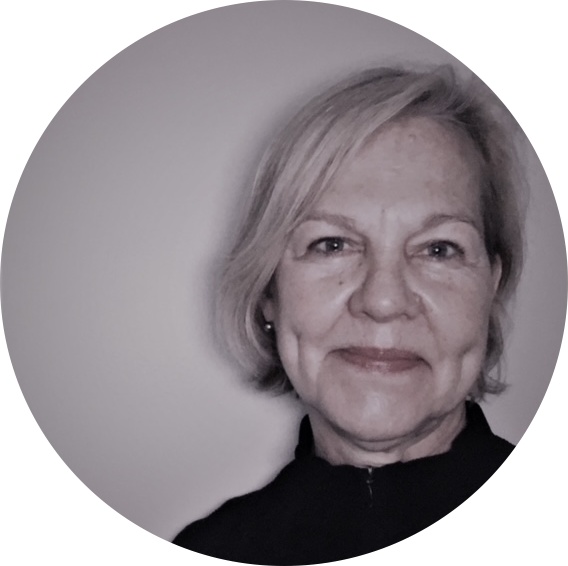 |
Ms Gretchen Worth, SEACHA Advisor, Thailand |
||||||
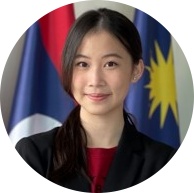 |
Ms Phatteeya Yongsanguanchai, Founder of PeACE by Youths, Thailand SEACHA Youth Committee, Thailand |
||||||
Panel #2: Traditional Stewardship of Natural Resources |
|||||||
Speakers: |
|||||||
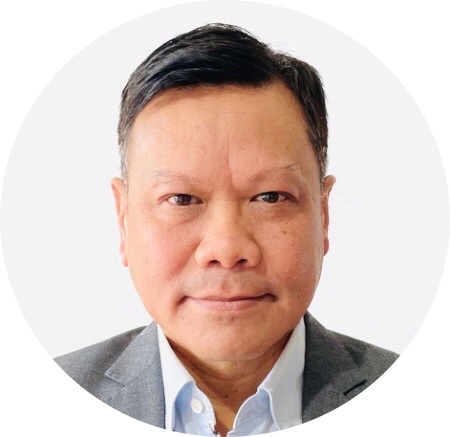 |
Dr Tint Lwin Thaung, Regional Advisor and Myanmar Country Director at The Nature Conservancy, Myanmar |
||||||
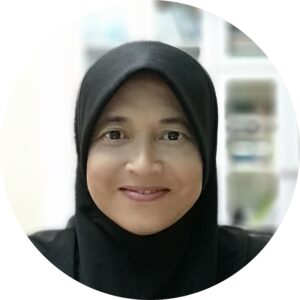 |
Dr Nurul Salmi Abdul Latip, Senior Lecturer in Biological Sciences at Universiti Sains Malaysia, Malaysia |
||||||
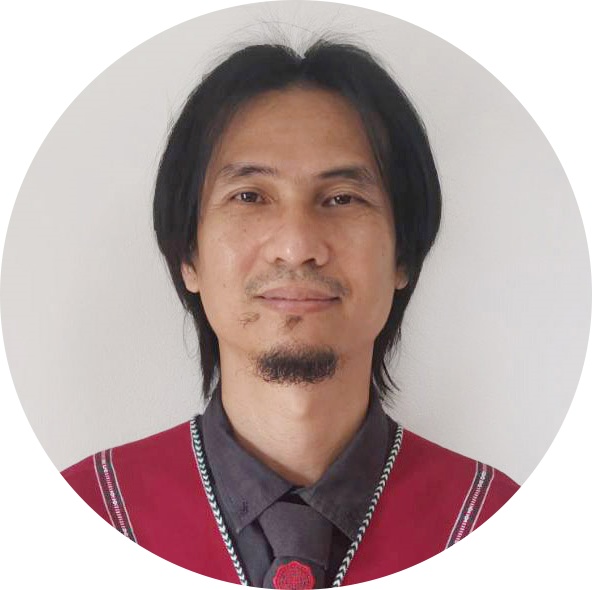 |
Dr Suwichan Phatthanaphraiwan, Musician and Assistant Professor in Geo-Cultural Management at Srinakharinwirot University, Thailand |
||||||
Moderators: |
|||||||
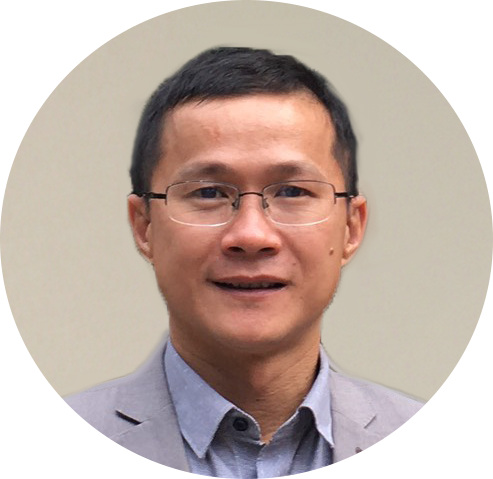 |
Mr Nguyen Duc Tang, SEACHA Director, Vietnam |
||||||
 |
Ms Shar Thae Hoy, SEACHA Youth Representative, Myanmar |
||||||
Day 2: Friday, 13 January 2023Panel #3: Spiritual Connections to Nature and to Climate Change Action |
|||||||
Speakers: |
|||||||
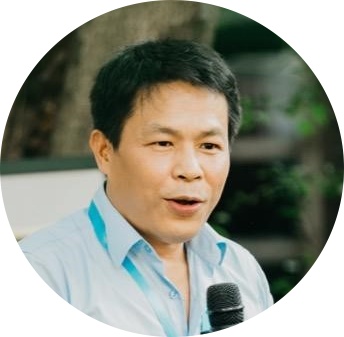 |
Dr Hoàng Cầm, Deputy Director of the Institute of Cultural Studies at Vietnam Academy of Social Sciences, Vietnam |
||||||
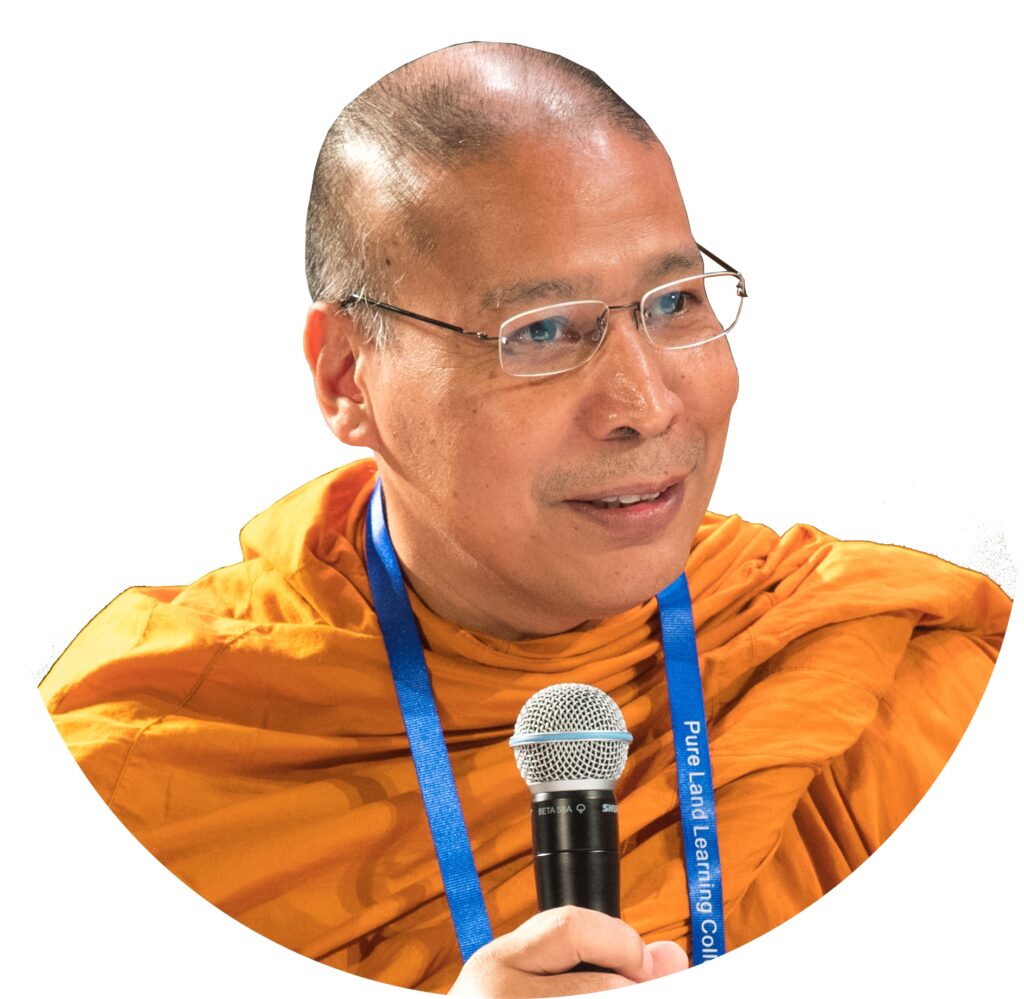 |
Venerable Anil Sakya, Assistant Abbot at the Royal monastery of Wat Bovoranives Vihara and Regional Sangha Governor for Dhammayut, Thailand |
||||||
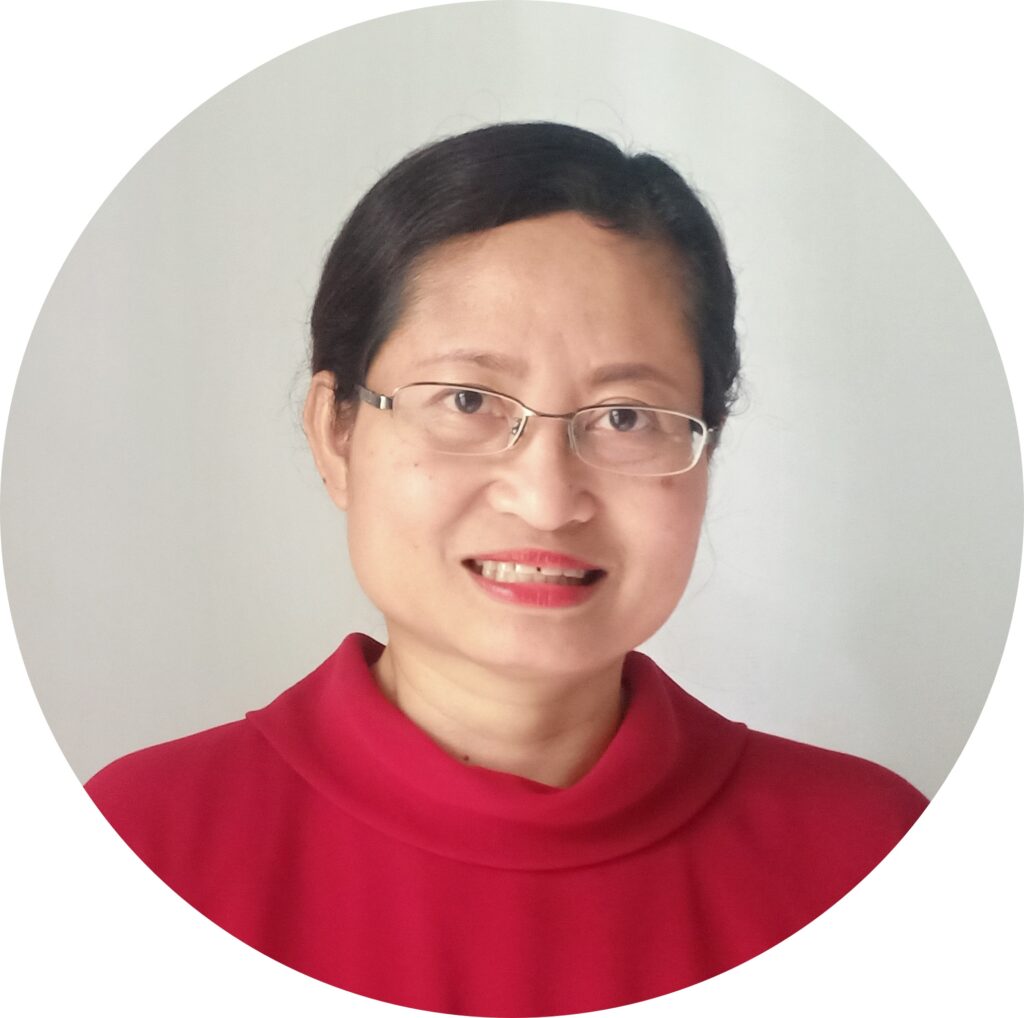 |
Dr Catrini Pratihari Kubontubuh, SEACHA Chairperson; President of The Indonesian Heritage Trust, Indonesia |
||||||
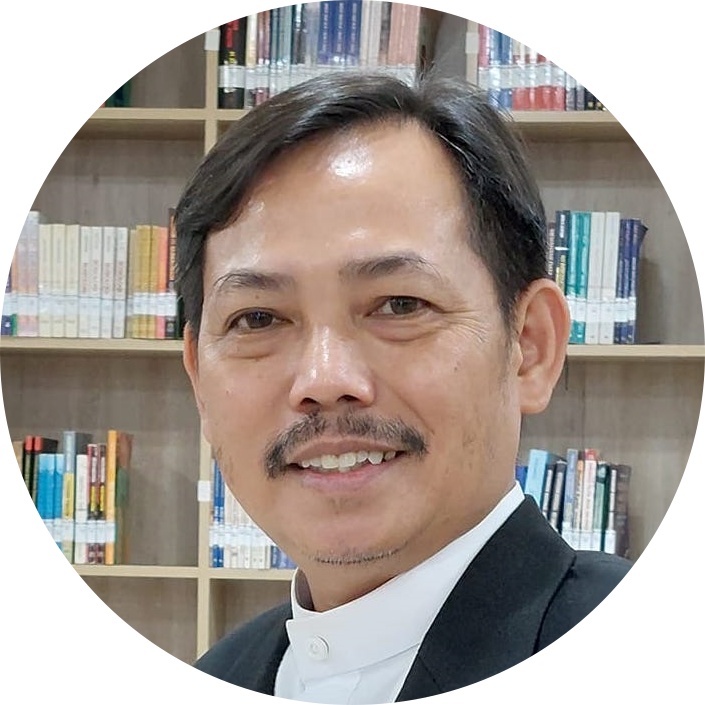 |
Dr Fachruddin Mangunjaya, Chairman of the Centre for Islamic Studies and Senior Lecturer at Universitas Nasional, Indonesia |
||||||
 |
Father Milan Ted D. Torralba, Executive Secretary of the Episcopal Commission for the Cultural Heritage of the Church, Philippines |
||||||
Moderators: |
|||||||
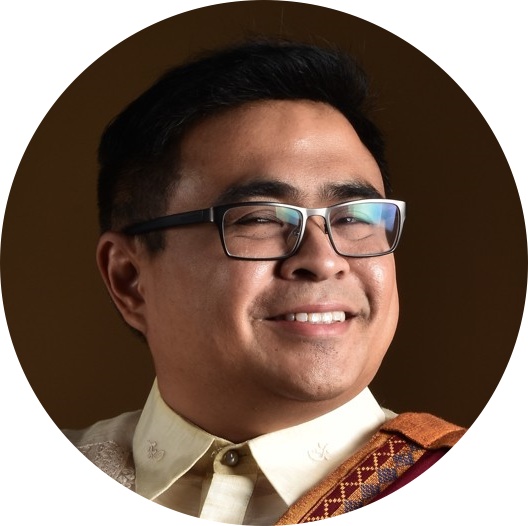 |
Dr Ivan Anthony Henares, SEACHA Director, Philippines |
||||||
 |
Mr Alex Lew Wen Jie, SEACHA Youth Representative, Singapore |
||||||
Panel #4: Urbanization and Built Environment |
|||||||
Speakers: |
|||||||
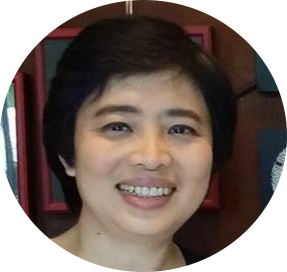 |
Ms Lim Gaik Siang, President of The Penang Heritage Trust, Malaysia |
||||||
 |
Mr Leandro Poco, Managing Partner of Leonardo A. Poco & Associates, Architects, Philippines |
||||||
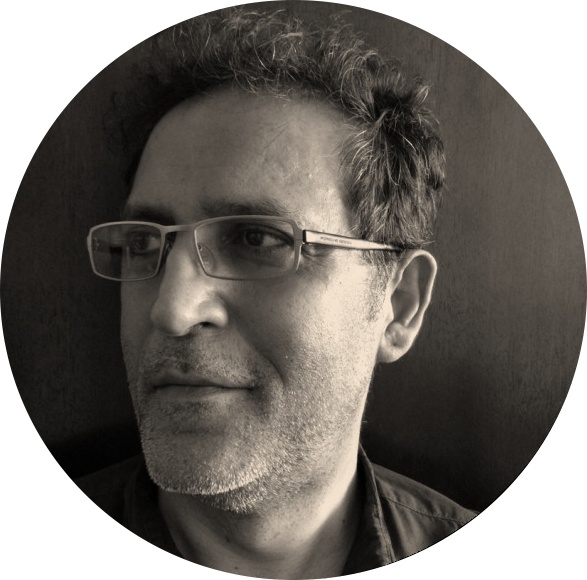 |
Dr Nirmal Tulsidas Kishnani, Associate Professor at the National University of Singapore’s College of Design and Engineering, Singapore |
||||||
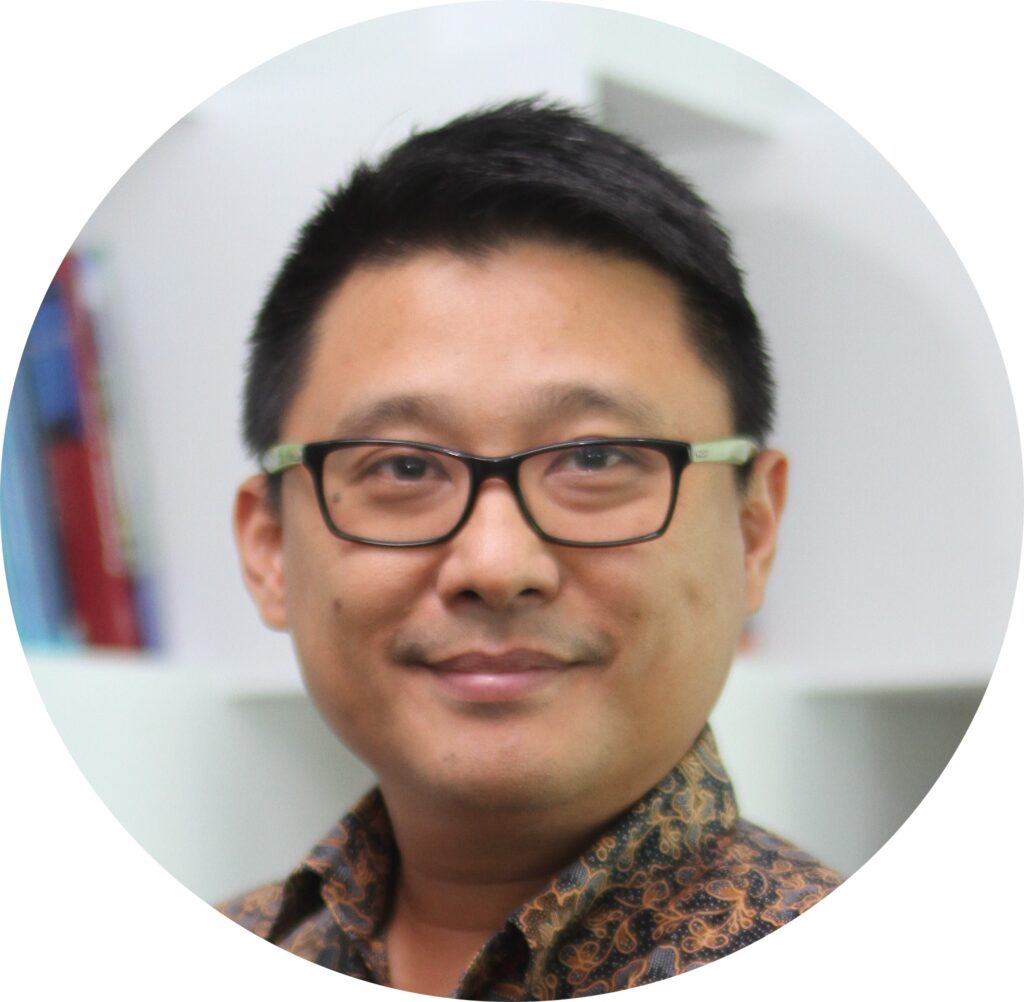 |
Mr Sibarani Sofian, President of the Indonesia Urban Designer Institute, Indonesia |
||||||
Moderators: |
|||||||
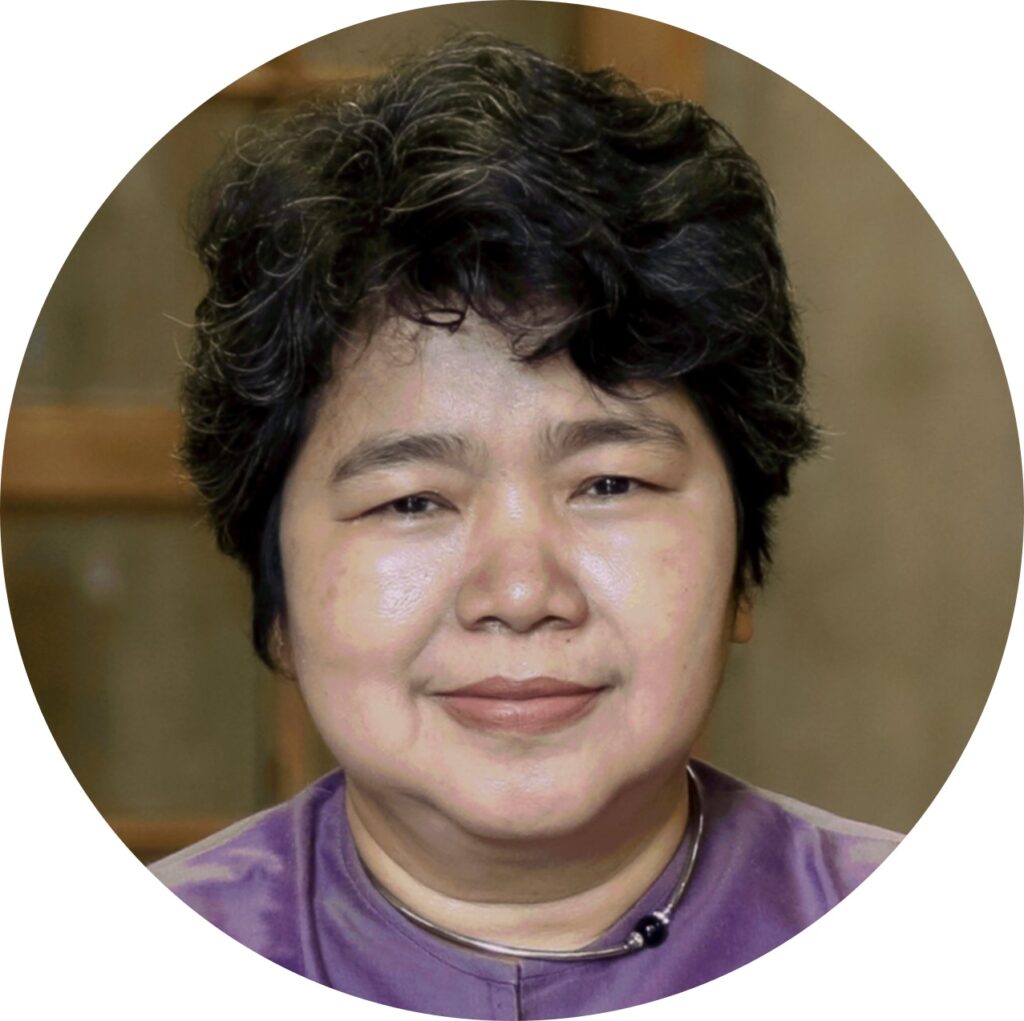 |
Ms Moe Moe Lwin, SEACHA Vice Chairperson, Myanmar |
||||||
 |
Ms Supitcha Sutthanonkul, SEACHA Youth Representative, Thailand |
||||||
Youth Presentation 3: Faith and Culturally Based Environmental Attitudes |
|||||||
Presenters: |
|||||||
 |
Mr Alex Lew Wen Jie, SEACHA Youth Representative, Singapore |
||||||
 |
Mr Alfikri Muliadi, SEACHA Youth Representative, Indonesia |
||||||
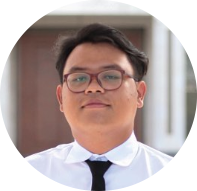 |
Mr Joshua Anak Belayan, SEACHA Youth Representative, Brunei Darussalam |
||||||
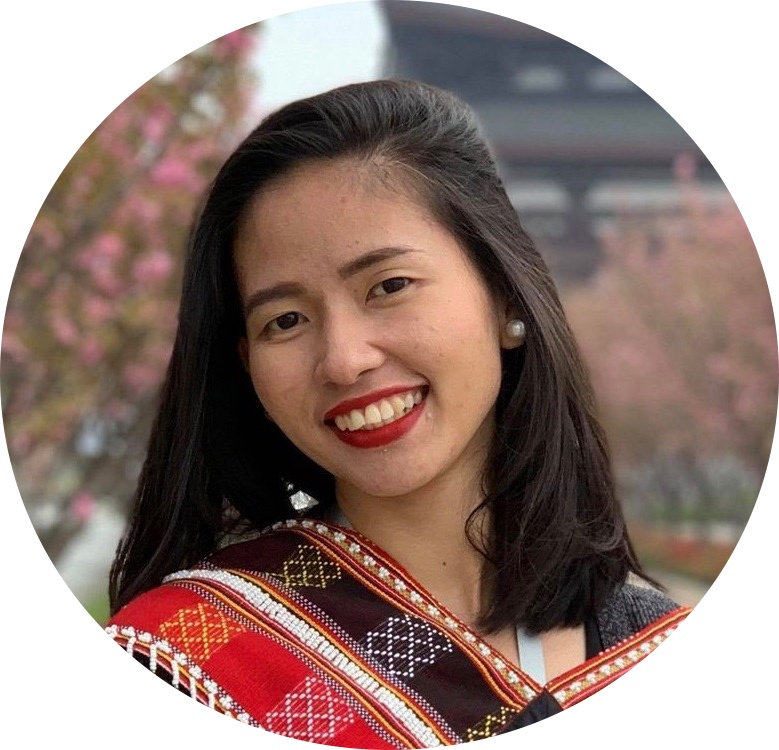 |
Ms Royce Lyssah M. Malabonga, SEACHA Youth Representative, Philippines |
||||||
Moderators: |
|||||||
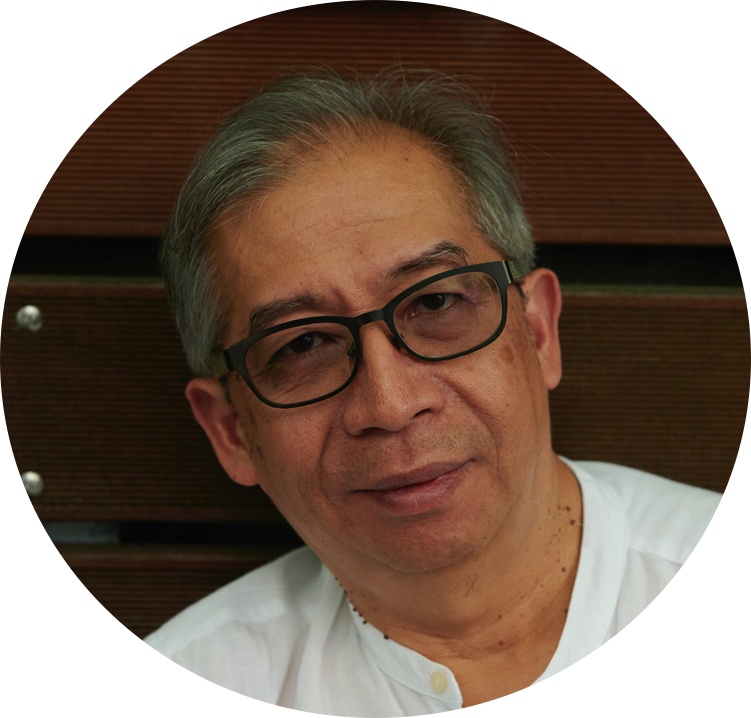 |
Dr Johannes Widodo, Advisor to SEACHA, Singapore |
||||||
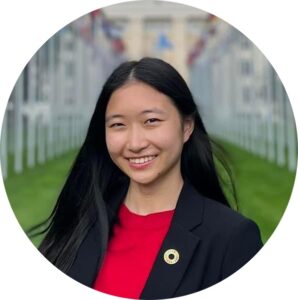 |
Ms Aminta Permpoonwiwat, SEACHA Youth Committee, Thailand | ||||||
Youth Presentation 4: Climate Actions–Lost in Translation! |
|||||||
Presenters: |
|||||||
 |
Ms Lê Bùi Anh Thơ, SEACHA Youth Representative, Vietnam |
||||||
 |
Ms Kamori Osthananda, SEACHA Youth Representative, Thailand |
||||||
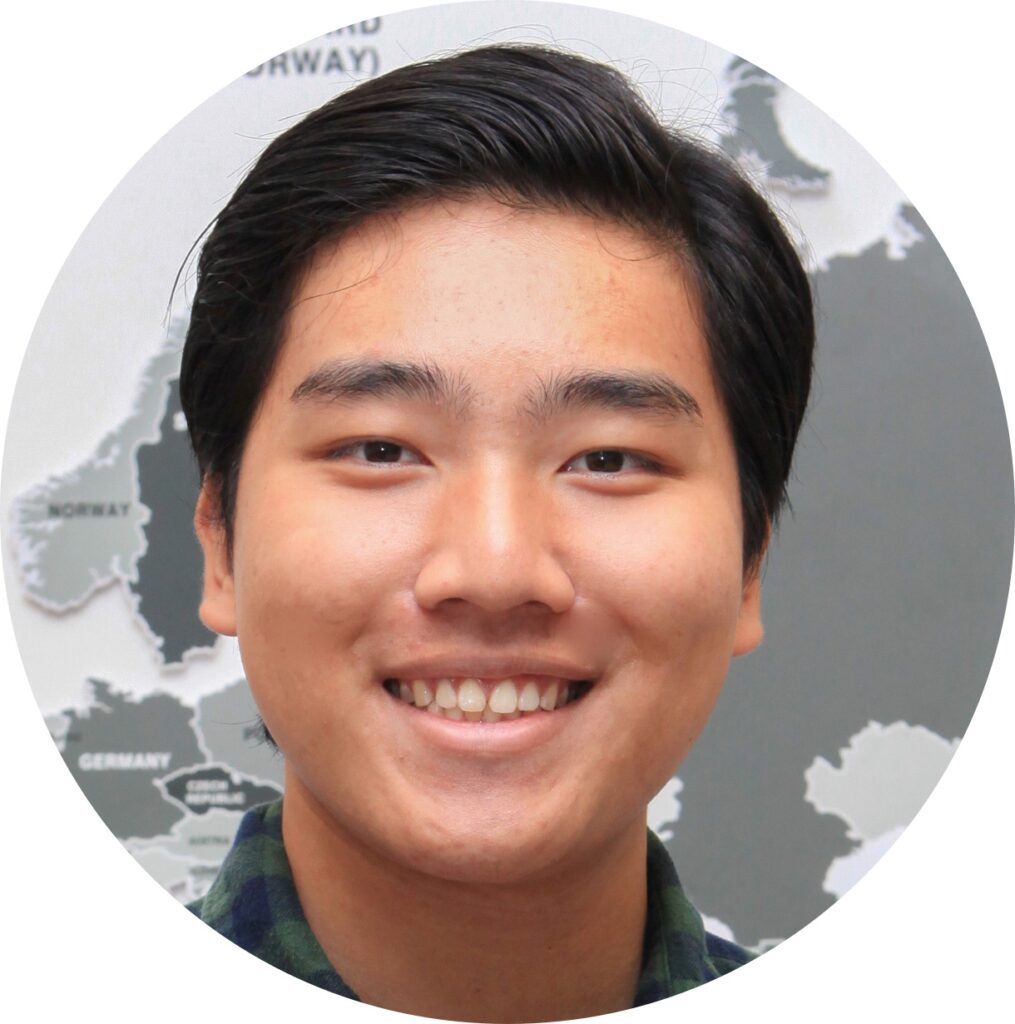 |
Mr Nazrul Nazri, SEACHA Youth Representative, Malaysia |
||||||
 |
Ms Supitcha Sutthanonkul, SEACHA Youth Representative, Thailand |
||||||
Moderators: |
|||||||
 |
Dr Johannes Widodo, Advisor to SEACHA, Singapore |
||||||
Day 3: Saturday, 14 January 2023Panel #5: Traditional Political/Social Heritage and Climate Resilience |
|||||||
Speakers: |
|||||||
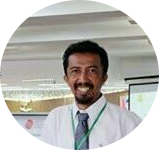 |
Dr Wilson Novarino, Associate Professor in Biology at Andalas University, Indonesia |
||||||
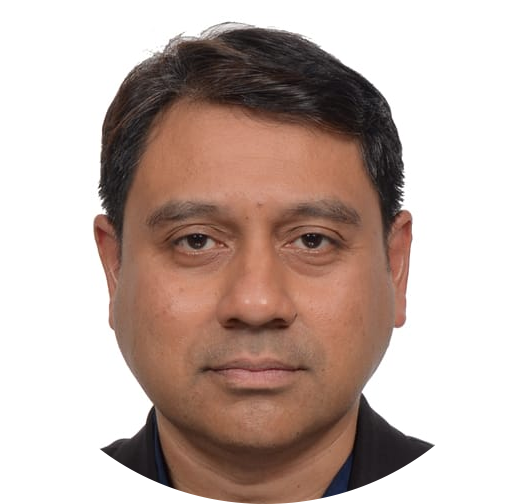 |
Dr Mohammad Reevany Bustami, Head of Nusantara Malay Archipelago Research at Universiti Sains Malaysia, Malaysia |
||||||
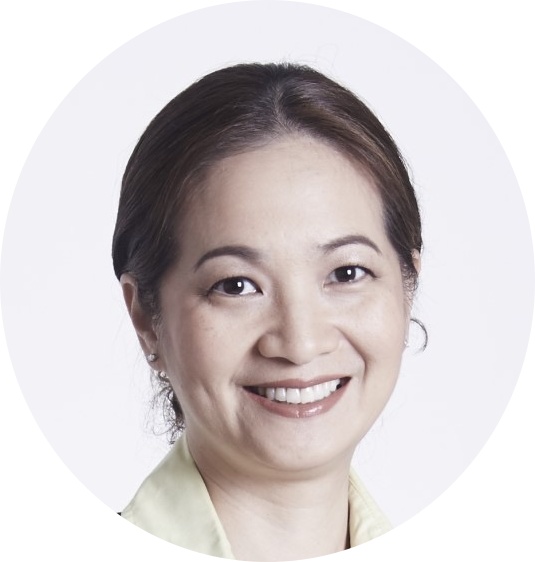 |
Dr Chandra-nuj Mahakanjana, Associate Professor in Public Administration at the National Institute of Development Administration, Thailand |
||||||
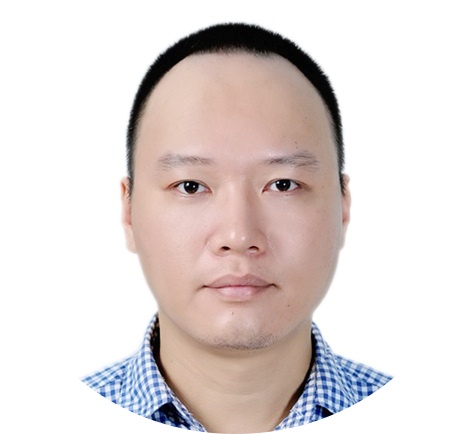 |
Dr Nguyen Vu Hoang, Vice-head of the Department of Anthropology at Vietnam National University, Vietnam |
||||||
Moderators: |
|||||||
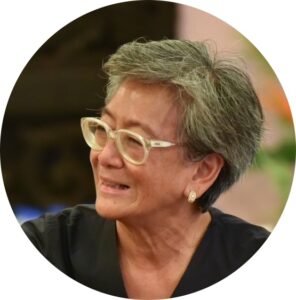 |
Ms Camille Ma, SEACHA Advisor, Thailand |
||||||
 |
Ms Royce Lyssah M. Malabonga, SEACHA Youth Representative, Philippines |
||||||
Speech |
|||||||
|
|
Dr Harald Link, Chairman and Chief Executive Officer of B.Grimm Power, Thailand |
||||||
Youth Call for Culturally Informed Climate Action by Youth Representatives |
|||||||
Moderator: |
|||||||
 |
Dr Johannes Widodo, Advisor to SEACHA, Singapore |
||||||
Speech |
|||||||
| HE Mr Itthiphol Kunplome, Minister of Culture, Thailand |
|||||||
Closing Remarks |
|||||||
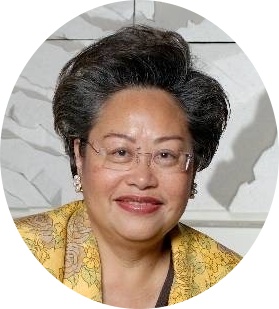 |
Mrs Bilaibhan Sampatisiri, The Siam Society President | ||||||
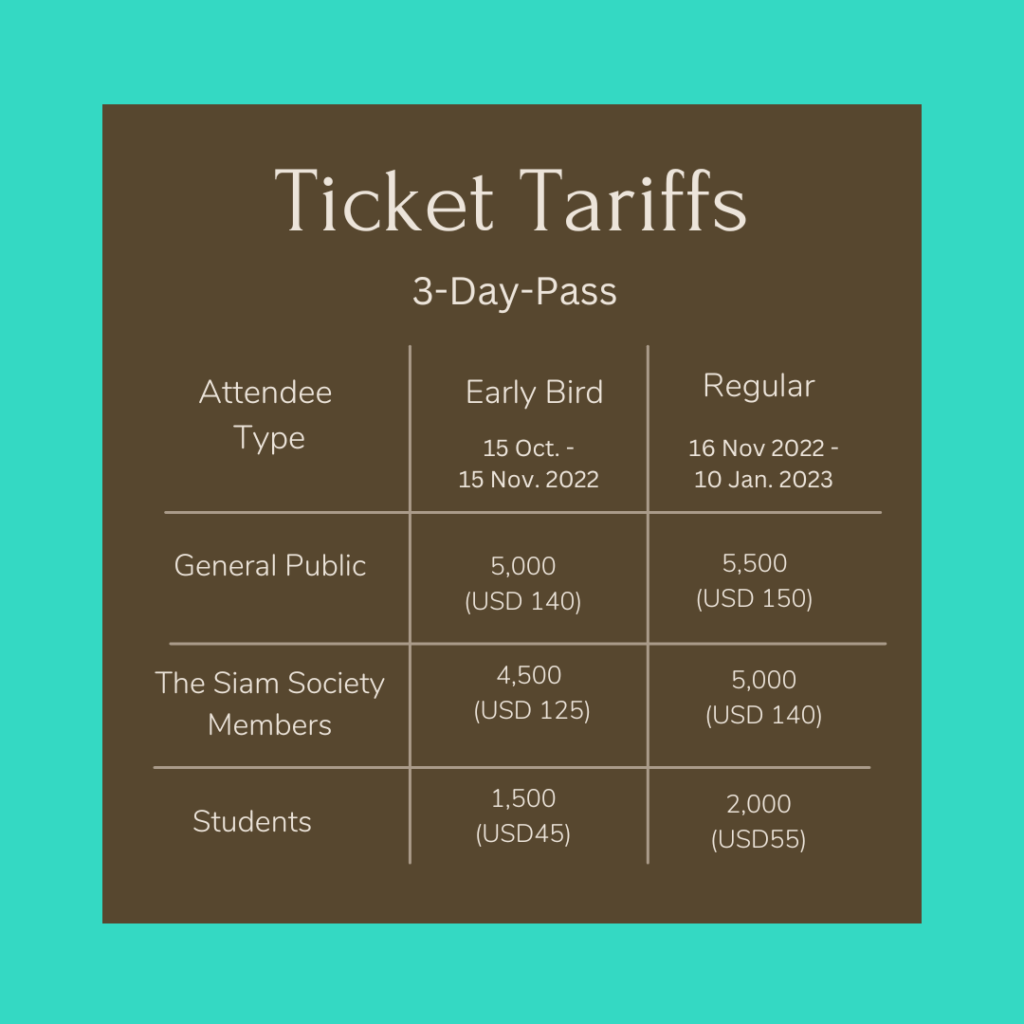
REGISTRATION TO ON-SITE CONFERENCE:
Interested person, please click here to register.
After you have submitted your registration, we will contact you with the payment procedure. An e-ticket will be issued after the payment is received. For any inquries you may have, please contact us at [email protected].
HOW TO GET TO THE CONFERENCE:
This conference will be held at The Siam Society Under Royal Patronage, Bangkok, Thailand
Please click here for more information about the venue.
REGISTRATION TO ZOOM WEBINAR (FREE OF CHARGE):
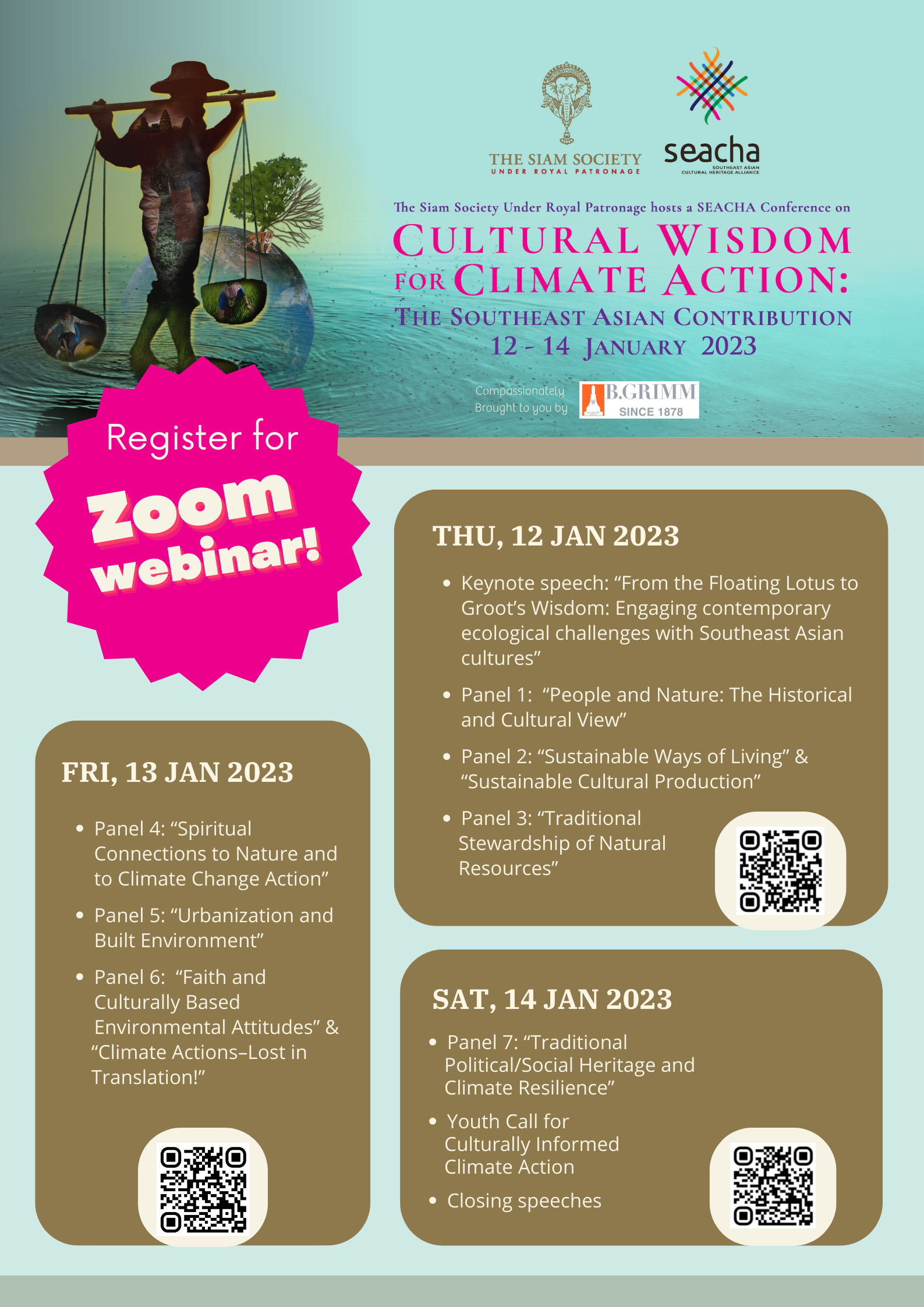

Panel 1: “People and Nature: The Historical and Cultural View”
This panel illustrates how human resilience against the change of environment is not new to the modern era for it has always been a part of human livelihood since pre-historic times. Humans are equipped with tools and mentality to react, adapt, and come to terms with changes in their surroundings, whether those changes are gradual, immediate, or even urgent. They strive to develop technology and solutions to ensure survival, such as building knowledge in resource management and landscape appropriation, as well as constructing value systems and ideologies. Click here to watch the recording of panel 1.
Panel 2: “Sustainable Ways of Living”
This panel argues that sustainability as a principle of livelihood is core to the cultures in Southeast Asia. Despite differences in our languages and belief systems, our cultures emphasize wellness and sustainability. Several factors in recent history, such as war, rapid urbanization, and industrialization produce a way of life that is ignorant of that principle, which leads to the deterioration of the Earth’s resources. In order to initiate an informed climate action, it is important to include in the conversation the local communities in many parts of the region who still understand sustainable livelihood. Until recently, most local communities are unaware of the value of their knowledge and the impact that their culture could make. It is our role to identify the issues current in the debate with the values embedded in the local traditions, so that the communities are aware that their knowledge is relevant to making the world a better place. Clicl here to watch the recording of panel 2.
Panel 3: “Traditional Stewardship of Natural Resources”
This panel explores the application of the community forest concept as a form of collective land management that is climate conscious and sustainable. Community forest is a form of natural reserved area where human settlement and activity is tolerated and, in many ways, encouraged. Activists in natural resource management and ethnic minority human rights are looking into applying the concept of community forest to many reserve areas as a way to encourage public participation in social development. From this perspective, forests and natural reserved areas are not relics protected by barriers, but a space for the people to consciously cultivate their social capital. Click here to watch the recording of panel 3.
Panel 4: “Spiritual Connections to Nature and to Climate Change Action”
The panel argues that there are aspects in the belief systems practiced by the people of Southeast Asia that promotes sustainability and climate-friendly ways of life. In many corners of Southeast Asia, regardless of how strong the influence a religion has over its practitioners, it is still observed that religion still serves as an ontological ground for socioeconomic activities.
Moreover, it is apparent that there are aspects in the philosophy of all major religions (Islam, Christianity, Buddhism, and Hinduism) in the region that promote harmony between human livelihood and nature. They emphasize connection between individual human beings, as well as between human and nature. Thereby, they encourage an inclusive social participation whose goal is to create a better world for everyone. Click here to watch the recording of panel 4 part 1 and here for part 2.
Panel 5: “Urbanization and Built Environment”
This panel deconstructs the dichotomy between heritage and urban development to explore ways to integrate heritage construction principles with modern design concepts, to fulfill the requirement that may not exist in the past. In theory, many heritage buildings are “green” or energy efficient as they were designed to accommodate factors governed mainly by the climate and geography. However, as cities grow to cater to rapid economic expansion, heritage buildings are faced with unprecedented users’ needs they must resolve.
More recently, many architects in the region have been demonstrating that it is possible to build by applying heritage principles to various aspects of the construction, particularly in the design and the choice of material. Such an endeavor could be seen as an act of activism and deserves public support. Click here to watch the recording of panel 5.
Panel 6: “Faith and Culturally Based Environmental Attitudes”
This panel addresses the main theme of the conference and explore aspects of indigenous knowledge that promote sustainability. It discusses the fact that several indigenous communities in Southeast Asia are able to come to terms with climate change by maintaining cultural and spiritual connection with the natural environment. However, this cannot be considered a climate action as it is insufficient to prevent unfavorable
consequences of climate change whose scale is likely to be unprecedented.
Therefore, to sustain harmony between the environment and the indigenous communities (and everyone in general) requires scientifically informed policy. To integrate the local communities into climate policy making, we need to create an ecosystem were indigenous knowledge finds relevance in solving modern questions. Policymakers need to recognize the contribution that indigenous knowledge can have on a macro scale.
Click here to watch the recording of panel 6.
Panel 7: “Traditional Political/Social Heritage and Climate Resilience”
This panel investigates factors in the politics that accelerate or discourage efficiency in developing climate action policies. It is argued that in, Southeast Asia, efficiency in policy making is challenged by the fact that politics is controlled by a very small, interconnected groups of capital-owners with business interests. Moreover, in certain corners of the region, there is a great disparity between the bureaucrats in charge of decision-making and the population at the forefront of climate consequences. As such, the panel discusses pathways that would instigate reforms in political attitude and structure, such as through transnational
collaboration, educational reforms, and, particularly, by prioritizing climate action. Click here to watch the recording of panel 7.
CALL FOR ACTION
The Call for Action consists of a panel of student representatives. They conclude the discussion and emphasize the following items, which are seen as decisive in delivering efficient and sustainable solution to climate change:
- Education: The states must include climate change in the national curriculum. Creating a foundational knowledge in climate change will subsequently lead to the conception of a professional community whose members will pursue a career path in climate action. Teaching climate change in school also means that the population will have an everyday knowledge about climate action, which will encourage public participation on a day-to-day basis.
- Policy: The population requires a structured policy and solution-making procedures in order to guarantee efficiency in pursuing climate action as a nation. Although certain climate oriented attitudes are already being encouraged, such as conscious consumption, upcycling, or being open-minded about sharing experiences, the consequence of climate change is taking place on a scale that is too large for an unorganized solution to tackle.
- Exchange of information: The population should be encouraged to share knowledge across borders to create a transnational sense of problem-solving. Direct conversation will increase access to knowledge and stimulate the sense of borderless community.
- Heritage: The past provides us with a rich knowledge bank. This conference has demonstrated thatin spite of all the cultural differences, the people of Southeast Asia are equipped with traditional wisdom that provides them with resilience against drastic change of external factors. It is time that we exchange this knowledge to foster.
Click here to watch the recording of the Call to Action session.
